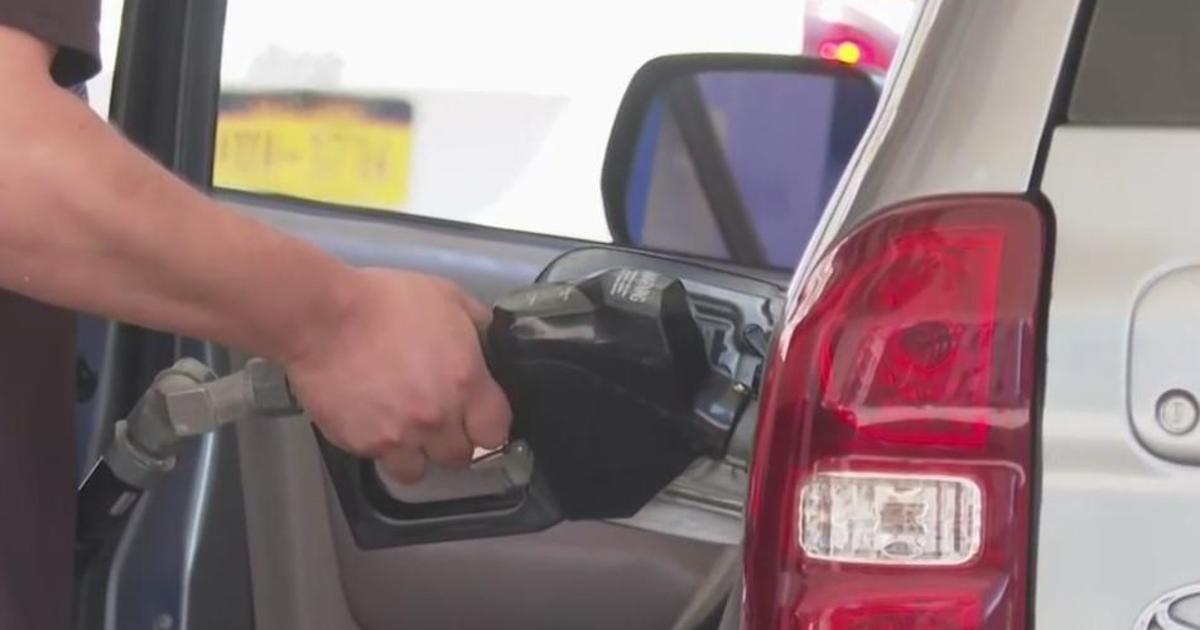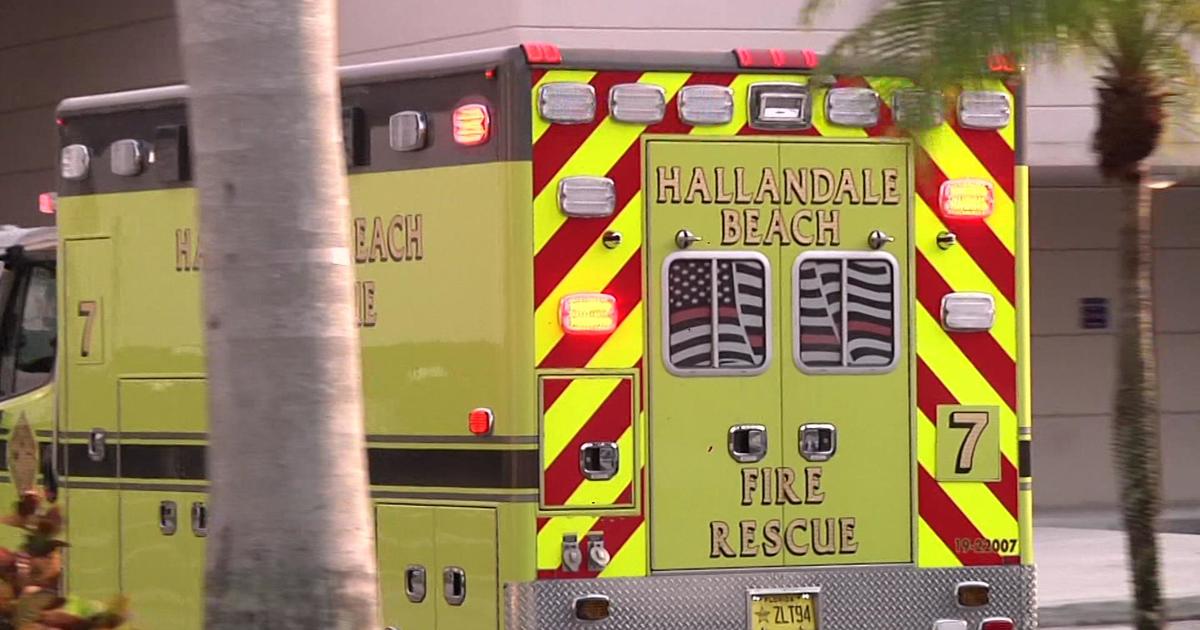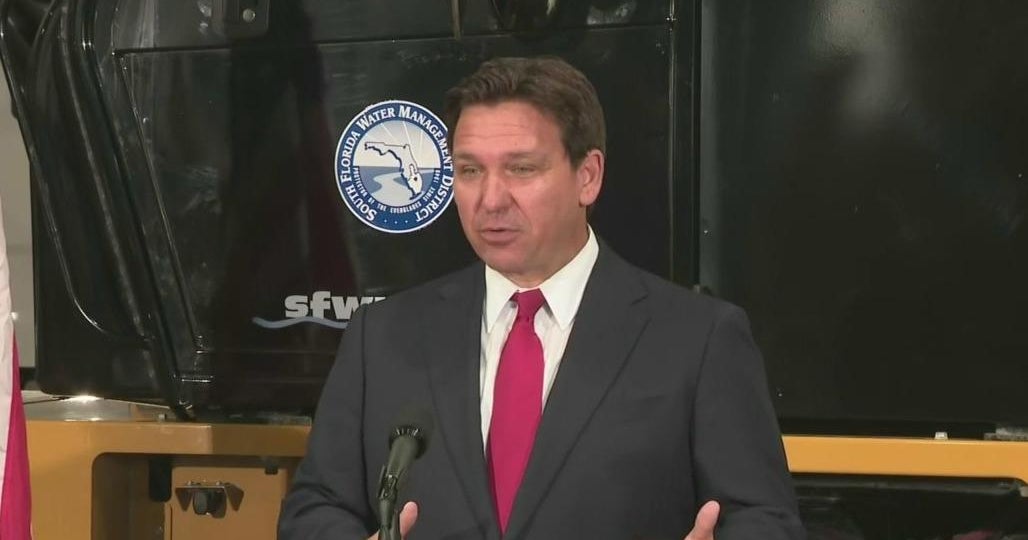AAA: Nearly 1 In 5 Floridians Would Not Evacuate For A Hurricane
TAMPA (CBSMiami) -- Hurricane season begins on Sunday, but three in ten Florida residents do not make advanced preparations, according to a recent AAA Consumer Pulse™ survey.
Colorado State University predicts a below-average hurricane season with nine named storms, three hurricanes, and one major hurricane this year.
If a named storm moved toward Florida, nearly one in five, or 17-percent of Floridians say they would not leave their homes, according to the survey. However, of those who would evacuate, the majority, or 65-percent, say they would only leave for a category three hurricane or greater.
"Residents should stay vigilant and be prepared for a major weather event," said Mark Jenkins, spokesman, AAA – The Auto Club Group. "Part of that preparation includes having a storm kit, evacuation plan, and flood insurance. Every home is in a flood zone, whether you live near the coast or not."
Floods are the number one disaster in the United States. Homes in low risk zones account for 25-percent of flood claims every year. Just two inches of water in a 2,000 square foot home, can cause as much as $21,000 or more in damage. However, only three in ten, 31-percent, of Floridians have flood insurance, which is separate from homeowners insurance. A preferred risk flood insurance policy costing 85 cents a day will cover $100,000 in structural damage and $40,000 for damage to contents inside the home.
"Only half of people know there is a 30-day waiting period for a new flood policy to take effect," Jenkins said. "If you wait until a storm is named and heading your direction, you will be too late. Now is a great time to check with your homeowner's insurance provider to ensure you are covered before the busy storm season begins."
Check the flood risk in your neighborhood
AAA also offers these hurricane preparation tips:
- Secure Your Home – Inspect your home for minor repairs needed to roof, windows, down spouts, etc. Trim trees or bushes that could cause damage to your home in case of high winds.
- Make a Plan – Develop a Family Emergency Plan to include ways to contact each other, alternative meeting locations, and an out-of-town contact person. Identify a safe room or safest areas in your home. Research your evacuation route. Be sure and include plans for your pets.
- Take Inventory – Update your Home Inventory quickly by walking through your home with a video camera or smart phone. Keep a record of large purchases including the cost of the item, when purchased and model and serial numbers as available.
- Stock Emergency Supplies – Plan for a weeks worth of non-perishable food and water. Be sure and have flashlights, extra batteries, battery-powered radio, medications, first aid kit, blankets, toiletries, diapers, etc. You may also want to prepare a portable kit and keep in your car should you evacuate.
- Protect Your Property – Review your homeowners insurance with your insurance agent to determine if you have adequate protection. Discuss your deductibles. Be aware that flood insurance in not typically covered under your homeowners policy. Flooding to your automobile is available under the Physical Damage coverage.
RELATED CONTENT:



